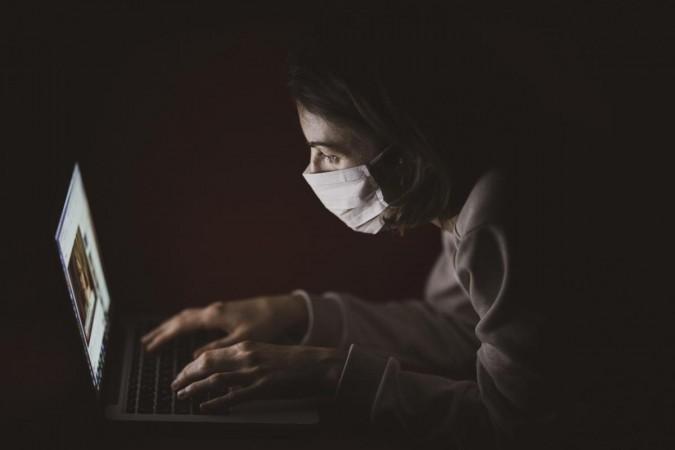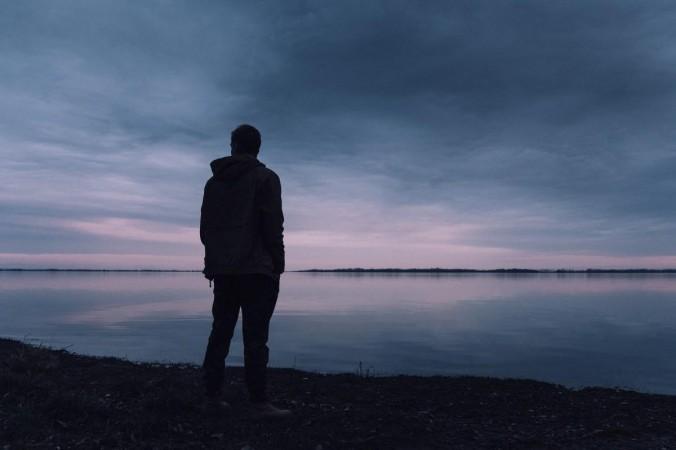A sense of purpose in life will make you feel less lonely during the the Covid-19 lockdowns or isolation, according to a study by researchers from the Communication Neuroscience Lab at the Annenberg School for Communication at the University of Pennsylvania.
Their study found that people who felt a strong sense of purpose in life were less lonely not by flouting public health guidance but adhering to social distancing norms strongly. Although lonelier people were less likely to want to follow public health guidance, people with a stronger sense of purpose also expressed more willingness to engage in social distancing.
A sense that your life is guided by personally meaningful values and goals — which could include family connections, religious belief, activism, parenthood, career or artistic ambitions, or many other things — to a wide range of positive health outcomes, both physically and mentally.
"People with strong purpose may also experience less conflict when making health decisions. We felt that the COVID-19 pandemic was an important context to test whether purpose in life relates to individuals' willingness to engage in behaviors to protect themselves and others." says lead author, Yoona Kang.
"People with strong purpose may also experience less conflict when making health decisions. We felt that the COVID-19 pandemic was an important context to test whether purpose in life relates to individuals' willingness to engage in behaviors to protect themselves and others."

Kang and her colleagues predicted that people with a higher feeling of purpose would be more likely to engage in COVID-19 preventive practices than those with a lower sense of purpose based on previous research. To put their theory to test, the researchers polled over 500 adult volunteers about their sense of purpose in life, their levels of loneliness now and before the epidemic, and their intentions to engage in COVID-19 prevention strategies.
Loneliness makes less focused
They discovered that higher levels of loneliness caused people to be less focused on protecting themselves against COVID-19 and to be more doubtful that COVID-19 prevention actions would be successful. A stronger feeling of purpose, on the other hand, was connected with reduced degrees of loneliness and a greater motivation to take action to protect themselves from COVID-19.
Those with a stronger sense of purpose also had a better belief that COVID-19 preventive behaviors would be effective. Even when participants with a strong sense of purpose reported feeling lonely, they were nonetheless adamant about taking COVID-19 safeguards.

"When faced with extreme loneliness and social isolation, like during the COVID-19 pandemic, wanting to connect with other people, despite the health risks, is a natural response, and yet, amidst this drastic shift in social life, we found that people with a higher sense of purpose were more likely to engage in prevention behaviors. This is striking because it shows that purpose in life can empower people to make life-saving health decisions that protect their own health and those around them," says Kang.
Furthermore, the researchers discovered that older adults felt less lonely during the COVID-19 pandemic than younger people. Kang sees this as evidence of older persons' resilience, and she plans to conduct additional research on how to improve purpose in life and resilience in ageing populations.

















